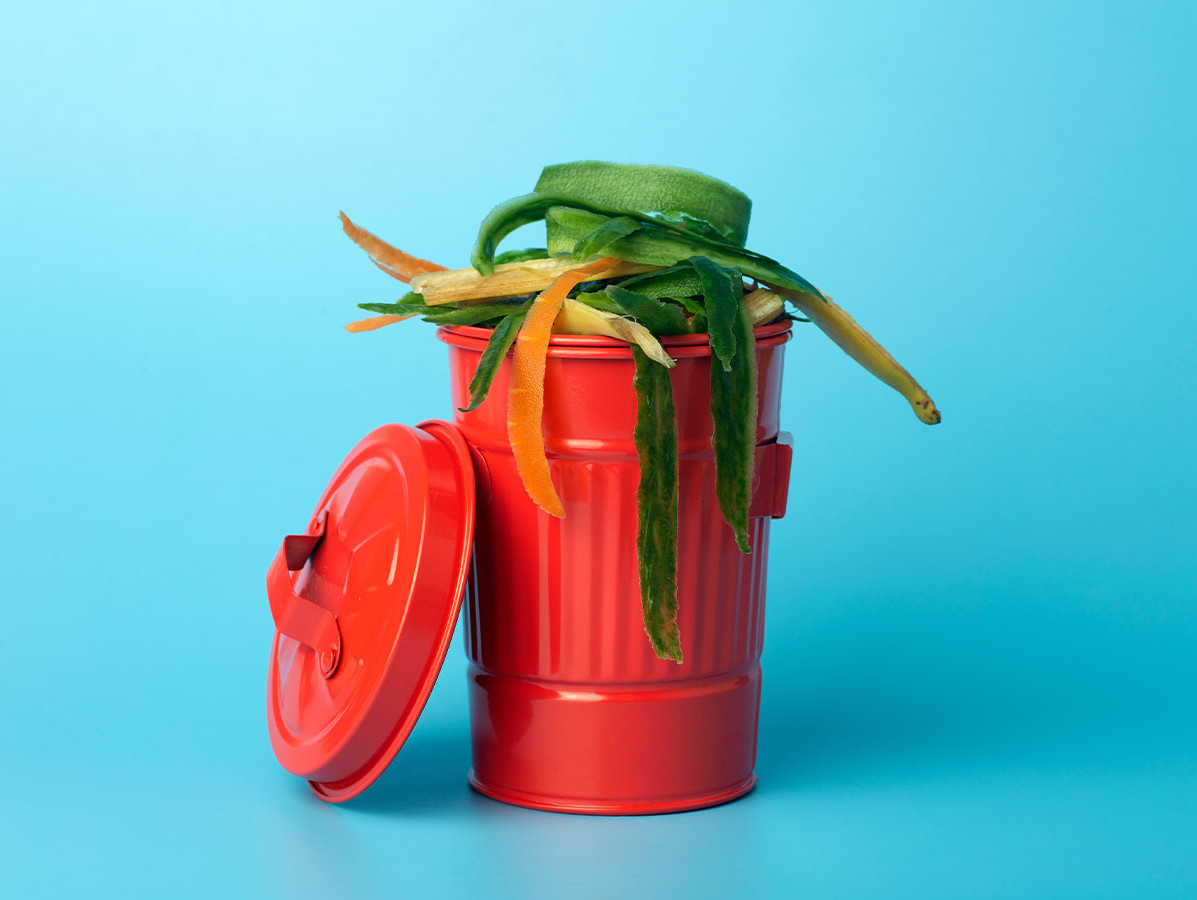
Despite the ambitions of companies in the food chain to reduce waste, practical implementation often lags behind. "Companies need more incentives to take action," says Sanne Stroosnijder from Wageningen University & Research. In the Netherlands, a quarter of all food is still discarded. This has significant consequences for the climate and food security. The Dutch government aims to halve food waste by 2030.
While some companies lead the fight against food waste, the majority lag behind. Efforts to combat waste are often voluntary. Policies can sometimes conflict, and the costs of new business processes are high. This results in continued waste. "We need to replace the incentives that sustain waste with those that encourage waste reduction," says Stroosnijder.
In April 2023, WUR published a report on accelerating the reduction of food waste. Now, Stroosnijder and her colleagues present eight concrete incentives for companies. These range from implementing carbon crediting to a legal requirement for conditions on reducing food waste in tenders. The eight incentives are:
One of the most important incentives Stroosnijder recommends is mandatory self-reporting. This is already required in some European countries, but not yet in the Netherlands. "Self-reporting provides companies with insight into how much they waste and the costs involved. This insight often prompts companies to take action to save costs and reduce their climate impact. Our experience shows that a 20 to 30 percent reduction is achievable for most companies," says Stroosnijder.
To further reduce food waste, collaboration across the entire food production chain, from farmer to consumer, is necessary. For instance, significant gains can be made in buffet catering if everyone takes responsibility. Caterers can adjust the assortment and quantities based on expected numbers of attendees. Organizers can help by accurately estimating no-shows or by providing fridges and takeaway containers so that participants can take leftover food home. This benefits all parties: people, planet, and profit.
Source: WUR